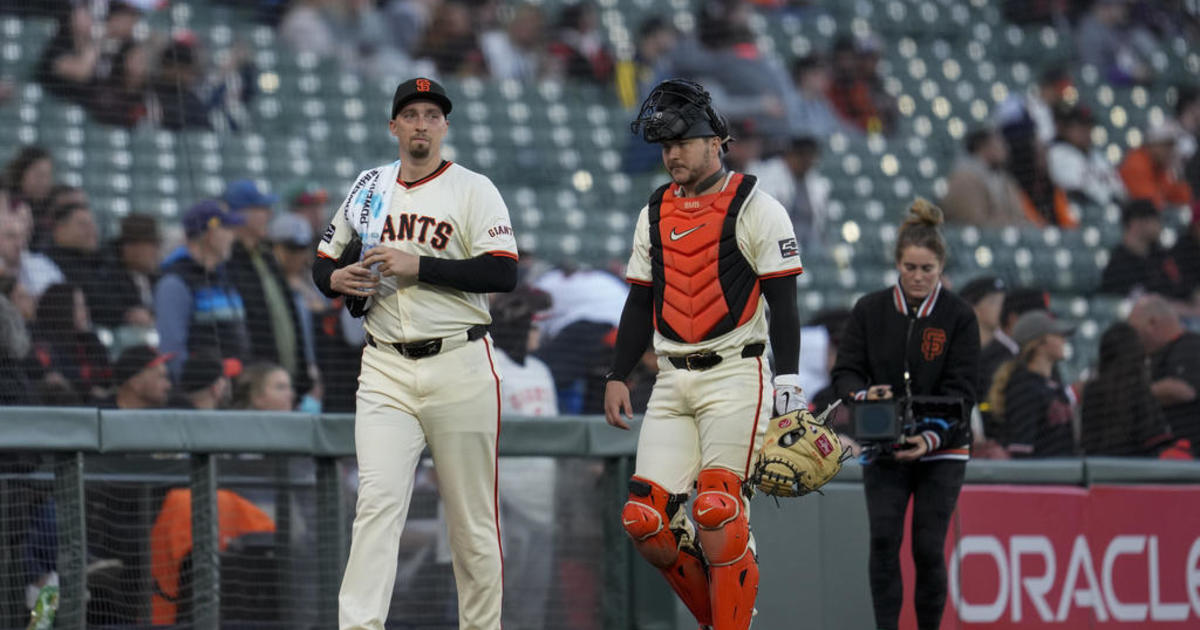Kale Placed 3rd On 'Dirty Dozen' Produce Pesticide List
SAN FRANCISCO (KPIX 5) -- Data from the U.S. Department of Agriculture shows that kale is one of the top crops affected by pesticides. The leafy green vegetable has been placed at the number three spot on the Environmental Working Group's "Dirty Dozen" list.
"Studies link pesticides to a host of human health problems including brain and nervous system toxicity, also hormone disruption, even cancer have been linked to pesticides," said Samara Geller of Environmental Working Group.
The data for the list comes from the USDA, which thoroughly washes and peels fruits and vegetables before testing. Geller says the pesticide problem cannot be rinsed off.
"Washing the fruit will potentially help, but it's not going to get rid of the problem. We can't wash our problems away that way, because pesticides are taken in through the flesh of the product," she said.
The data was news to some kale lovers who spoke to KPIX 5 at Fort Mason.
"Then you have to figure out how to get the toxin out of you which is - we don't know how our bodies are going to react to those toxins - what it's doing to us inside. Is it triggering a cancer gene to turn on ,where all of a sudden we now have cancer?" said Martin Burger.
Among the pesticides found in kale in the USDA study is Dacthal.
"The EPA classified Dacthal as a possible human carcinogen--but it's also been banned in Europe since 2009," said Geller.
Some agricultural groups have countered that dactyl is legal according to the EPA, but Geller says the problem is that those legal levels are set on data from adults.
"The problem with the tolerances set by the EPA is that they are often set far too high to be protective of children's health. So legal doesn't necessarily mean safe. So often times, there is a gap between what is considered safe and what is considered legal," said Geller.
EWG suggests that the data shouldn't necessarily deter people from eating the fruits and vegetables on their list. In those cases, they emphasize the importance of going organic.



